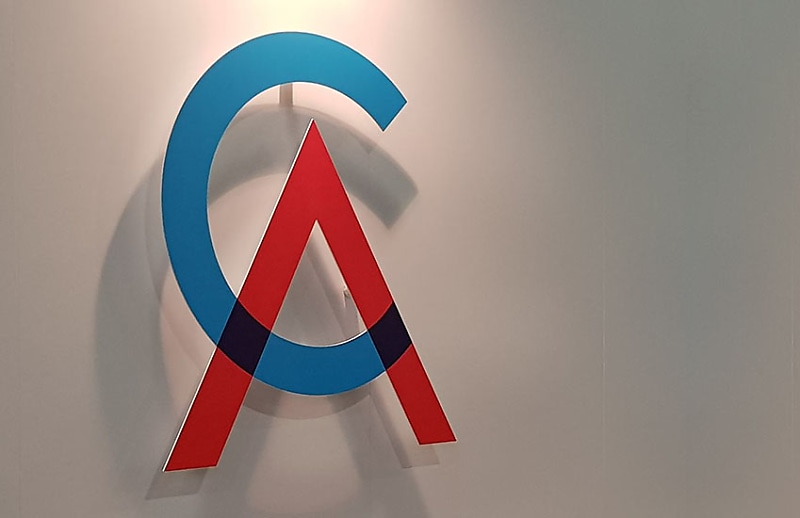CA ANZ urges SMEs to get on top of tax debt to avoid interest charges
BusinessWith EOFY fast approaching, CA ANZ has urged small businesses to get on top of their tax debt to avoid non-deductible interest charges.

As previously reported by Accountants Daily, the Treasury Laws Amendment Act 2025 has determined that interest charged by the ATO on late tax payments – also known as the general interest charge (GIC) – will no longer be tax deductible from 1 July 2025.
According to CA ANZ, the change would substantially increase the cost of falling behind on tax obligations, especially for small and medium enterprises (SMEs) operating on tight margins.
“Previously, small businesses may not have been concerned about accumulating interest on tax debt, as it was deductible at tax time,” Susan Franks, leader of tax and financial services at CA ANZ, said.
“But from 1 July 2025, small businesses could find themselves in a difficult situation and if not managed carefully, interest owed to the ATO could quickly exceed the amount of tax they were originally meant to pay.”
The GIC is currently set at 11.17 per cent and compounds daily, CA ANZ said. Given that small businesses owe the ATO over $45 billion in tax debt, the professional body warned that SMEs would be hit hard by the change.
Tony Greco, senior tax adviser at the Institute of Public Accountants, told Accountants Daily that while tax practitioners were aware of the upcoming changes, many hadn’t emphasised the potential costs to their clients.
“What we are finding with our member interactions is that whilst most tax practitioners are aware of the change, they have not had fulsome conversations with their clients to help them mitigate some of the consequences associated with the law change,” he said.
“Practitioners will be surprised that the law change does not provide any grandfathering provisions, and this might explain the lack of conversations with clients.”
To avoid unwanted charges, CA ANZ urged small businesses to get on top of their cash flow and avoid late tax payments.
It encouraged SMEs to plan ahead to ensure incoming payments were aligned with upcoming tax liabilities. SMEs should also consider automating invoicing processes to get paid faster, cut unnecessary costs and review pricing strategies to ensure they reflect rising costs.
Last, CA ANZ urged businesses to explore alternative financing methods if they believed they would be unable to pay their tax on time. The professional body noted that interest on bank loans and overdrafts remains tax-deductible, and may be cheaper than ATO interest.
The professional body said that proactive cash flow management would become more critical than ever as the stakes for late tax payments rise.
“Small businesses currently hold the majority of the ATO’s outstanding tax debt, and this change will make that debt even more expensive,” CA ANZ's Susan Franks warned.
“We’re encouraging all small business owners to speak with their accountant now to avoid being caught out when the financial year ends.”




